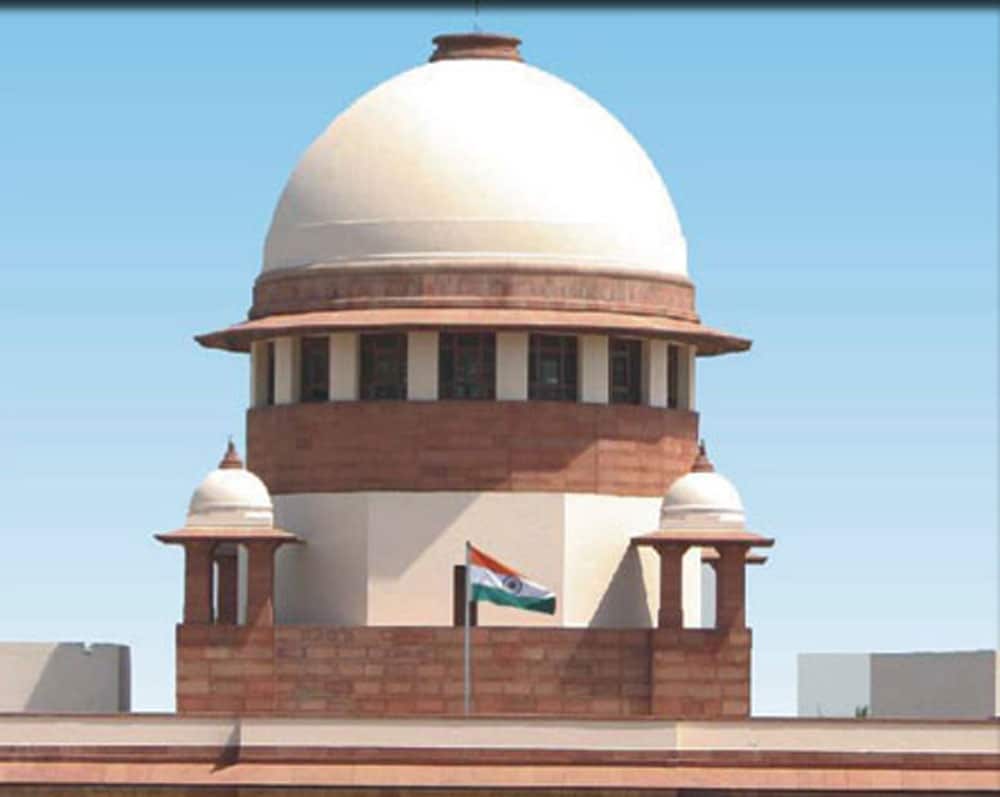The Supreme Court of India observed that the existence of

The Supreme Court of India observed that the existence of alternative remedies is not an absolute bar against the exercise of discretion under Article 136 of the Constitution of India.
Indian Institute of Technology Kharaghpur and ors. v. Soutrik Sarangi and ors.
A Bench of Justice Uday Umesh Lalit, Justice S Ravindra Bhat and Justice Bela M Trivedi observed that the discretion under Article 136 is “flexible and sufficiently wide to correct glaring errors and injustices”.
A Special Leave Petition was filed by the IIT Kharaghpur against a single bench judgement of the Calcutta High Court, that had declared admission criteria for JEE Advance as arbitrary.
The respondents objected on the ground that the petition was not maintainable as the letters patent appeal before the division bench of the High Court has not been filed.
The Apex Court observed that “The ordinary rule of necessity that litigants should approach and avail of appellate remedies exhausting them before approaching this Court is a rule of convenience and not an immutable practice. It has been held to be so by this Court (Ref State of UP v Harish Chandra & Ors 1996 (9) SCC 309). Moreover, the discretion under Article 136 of the Constitution is flexible and sufficiently wide, to correct glaring errors and injustices”.
Therefore, the court overruled the objection made by the respondents and allowed the appeal filed by the IIT.





